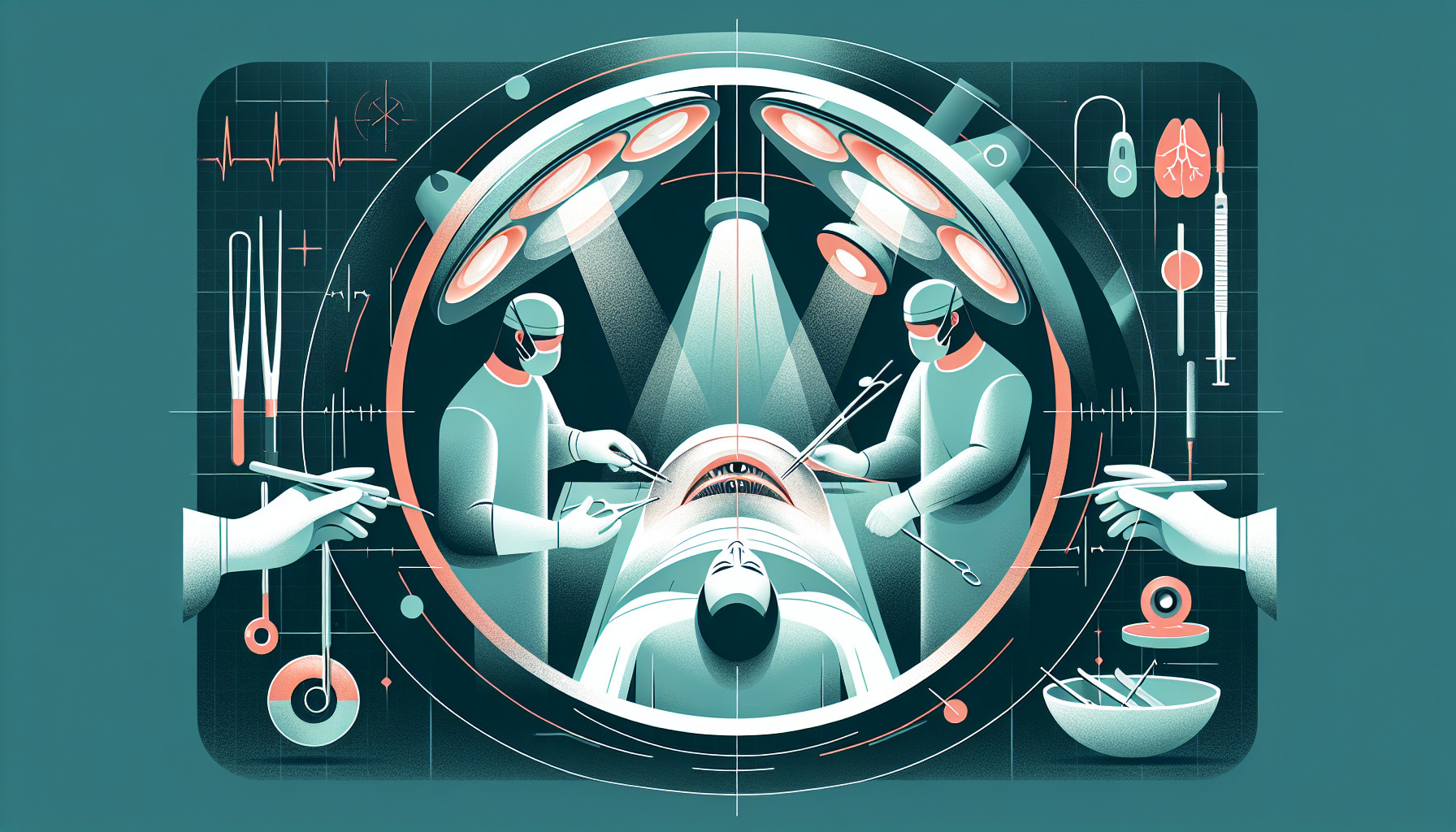Our Summary
This research paper discusses a new method of cataract surgery called Femtosecond laser-assisted cataract surgery (FLACS). The Femtosecond laser is used to automate major parts of the cataract surgery including the opening of the capsule (capsulotomy), breaking up the lens (lens fragmentation), and making cuts in the cornea. This new approach increases the predictability and safety of the procedure, and also results in better vision correction. The paper also weighs the pros and cons of this new technology, based on existing literature and the authors’ personal experience.
FAQs
- What is Femtosecond laser-assisted cataract surgery (FLACS)?
- How does the Femtosecond laser increase the safety and predictability of cataract surgery?
- What are the pros and cons of Femtosecond laser-assisted cataract surgery as discussed in the research paper?
Doctor’s Tip
A helpful tip a doctor might tell a patient about cataract surgery is to make sure to follow all pre-operative instructions given by the surgeon, such as not eating or drinking before the surgery. It is also important to have someone available to drive you home after the procedure, as your vision may be temporarily blurry. Additionally, be sure to attend all follow-up appointments to ensure proper healing and optimal results.
Suitable For
Patients who are typically recommended for cataract surgery include those with significant vision impairment due to cataracts, difficulty performing daily activities such as driving or reading, and those experiencing glare or halos around lights. Additionally, patients with cataracts that are impacting their quality of life or causing difficulties in performing their job may also be recommended for surgery. It is important for patients to consult with their ophthalmologist to determine if they are good candidates for cataract surgery and to discuss the best treatment options available.
Timeline
Before cataract surgery:
- Patient will undergo a comprehensive eye exam to determine the severity of the cataract and assess their overall eye health.
- The surgeon will discuss the procedure, risks, benefits, and potential outcomes with the patient.
- The patient may be advised to stop taking certain medications or adjust their medication schedule prior to surgery.
- On the day of surgery, the patient will need to fast for a certain period of time and refrain from wearing makeup or jewelry.
After cataract surgery:
- The patient will be monitored in a recovery area immediately after surgery to ensure there are no complications.
- Patients may experience some discomfort, light sensitivity, and blurred vision in the first few days after surgery.
- The surgeon will provide specific instructions on post-operative care, including using prescribed eye drops and avoiding strenuous activities.
- Follow-up appointments will be scheduled to monitor healing and check on the patient’s vision improvement.
- Improvement in vision may be noticed within a few days after surgery, with full recovery typically taking a few weeks.
Overall, cataract surgery can significantly improve a patient’s vision and quality of life. With advancements in technology like FLACS, the procedure has become even safer and more effective. It is important for patients to follow their surgeon’s instructions carefully to ensure a successful outcome.
What to Ask Your Doctor
- What are the benefits of Femtosecond laser-assisted cataract surgery compared to traditional cataract surgery?
- What is the success rate of Femtosecond laser-assisted cataract surgery?
- Are there any potential risks or complications associated with this procedure?
- How long is the recovery time after Femtosecond laser-assisted cataract surgery?
- Will I still need to wear glasses or contact lenses after the surgery?
- How many surgeries have you performed using the Femtosecond laser technology?
- Are there any additional costs associated with Femtosecond laser-assisted cataract surgery?
- How do I prepare for the surgery and what should I expect during the procedure?
- What is the expected outcome in terms of improved vision after the surgery?
- What follow-up care or appointments will be needed after the surgery?
Reference
Authors: Teplovodskaya VV, Husanbaev HS, Morina NA, Sudakova EP. Journal: Vestn Oftalmol. 2019;135(3):128-136. doi: 10.17116/oftalma2019135031128. PMID: 31393457
